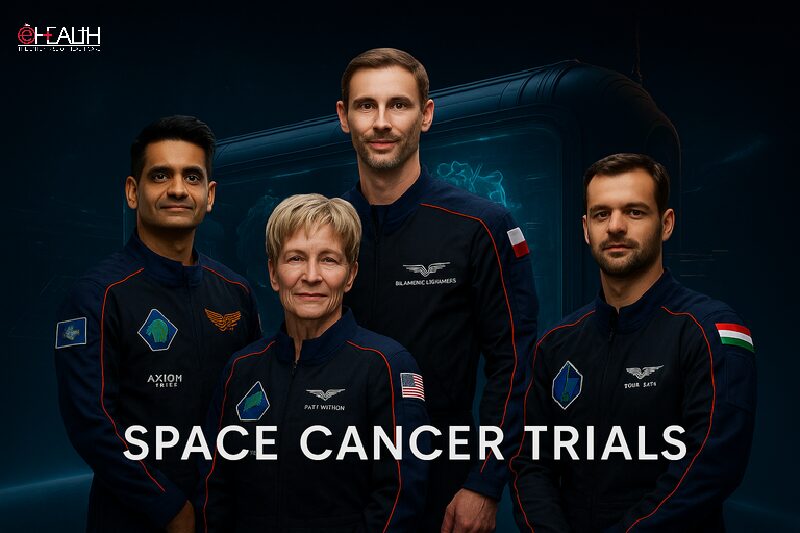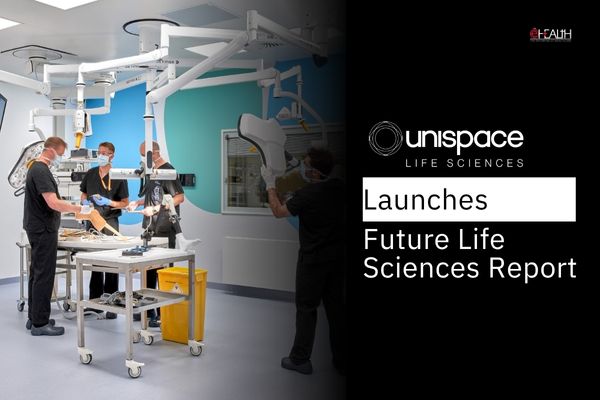A new technology has been tested for the first time on people which can give a 3-D image of the patient’s arteries and better treat heart diseases. The technology is in the early stages of testing according to a feasibility study published in Circulation: Cardiovascular Interventions, an American Heart Association journal. According to the cardiologists this is a very exciting technology that holds great promise. The study allows doctors to assess more accurately and rapidly the length, branching pattern and angles of heart arteries, as well as any blockages. Cardiologists currently use two-dimensional X-ray images shot from different angles to visualize arteries inside the body. They also inject contrast dye into a thin tube — a catheter — inserted into a patient’s leg artery and threaded up to the heart to produce shadow images during a cardiac catheterization procedure. Although it uses existing X-ray systems, the new software reduces the need for several of the images, thus reducing patients’ exposure to radiation and contrast dye while also decreasing the time doctors need to analyze the images. The comparison of 2-D and 3-D computer images of the coronary artery systems will be tested in multiple centres around the world. It will be formally tested to see the impact on clinical care. Cardiovascular disease is the number one killer in the United States. According to the World Health Organisation, it is responsible for 17 million deaths worldwide. Be a part of Elets Collaborative Initiatives. Join Us for
Upcoming Events and explore business opportunities. Like us on
Facebook , connect with us on
LinkedIn and follow us on
Twitter ,
Instagram. "Exciting news! Elets technomedia is now on WhatsApp Channels Subscribe today by clicking the link and stay updated with the latest insights!" Click here! 

Related Research
Axiom-4 to Test First FDA-Approved Cancer Drug in Space, Pioneering Microgravity-Driven Oncology Research
In a landmark development for pharmaceutical research, the upcoming Axiom-4 (Ax-4) mission is set to test Rebecsinib, th...
Indian Life Sciences Sector Pioneers Future-Ready Lab Design, Setting Global Benchmark: Unispace Survey
A new global survey by Unispace, a leader in workplace strategy, design, and construction, reveals that India's life sci...
Govt Funds ₹330 Cr AI-Healthcare CoE by IIT Delhi & AIIMS Under ‘Make AI Work for India’ Initiative
The Indian Institute of Technology (IIT) Delhi and the All India Institute of Medical Sciences (AIIMS) Delhi have signed...
Vgenomics & Dr. Shroff’s Eye Hospital Unveil Tear-Based Diagnostic Breakthrough Using AI-Powered RgenX-LENS Platform
Vgenomics, a cutting-edge genomics company headquartered in Delhi, has entered an exclusive partnership with Dr. Shroff�...
VIT University and Gleneagles Hospital Chennai Sign MoU to Pioneer AI-Led Neuroscience Advancements
Gleneagles Hospital Chennai and Vellore Institute of Technology (VIT) have formalised a strategic partnership aimed at f...
Findings to treat cancer through radiation therapy: Study
India-based clinical laboratory Core Diagnostics on Monday presented its latest findings to treat cancer with the use ...
Non-invasive brainwave technology to reduce post-traumatic stress
A non-invasive brainwave mirroring technology has been developed in United States to reduce the symptoms of post-traum...
Scientists highlight factors affecting quality of life in older cancer patients
Researchers from a US university provide new insights on the factors that affect health-related quality of life in older...
Higher blood sugar in early pregnancy bad for baby's heart
The babies of mothers, who do not have diabetes, are equally at risk of developing a congenital heart defect if they hav...
Scientists move a step closer to cure haemophilia
Scientists at Queen Mary University of London have moved a step closer to cure haemophilia -- a genetic disorder that im...















